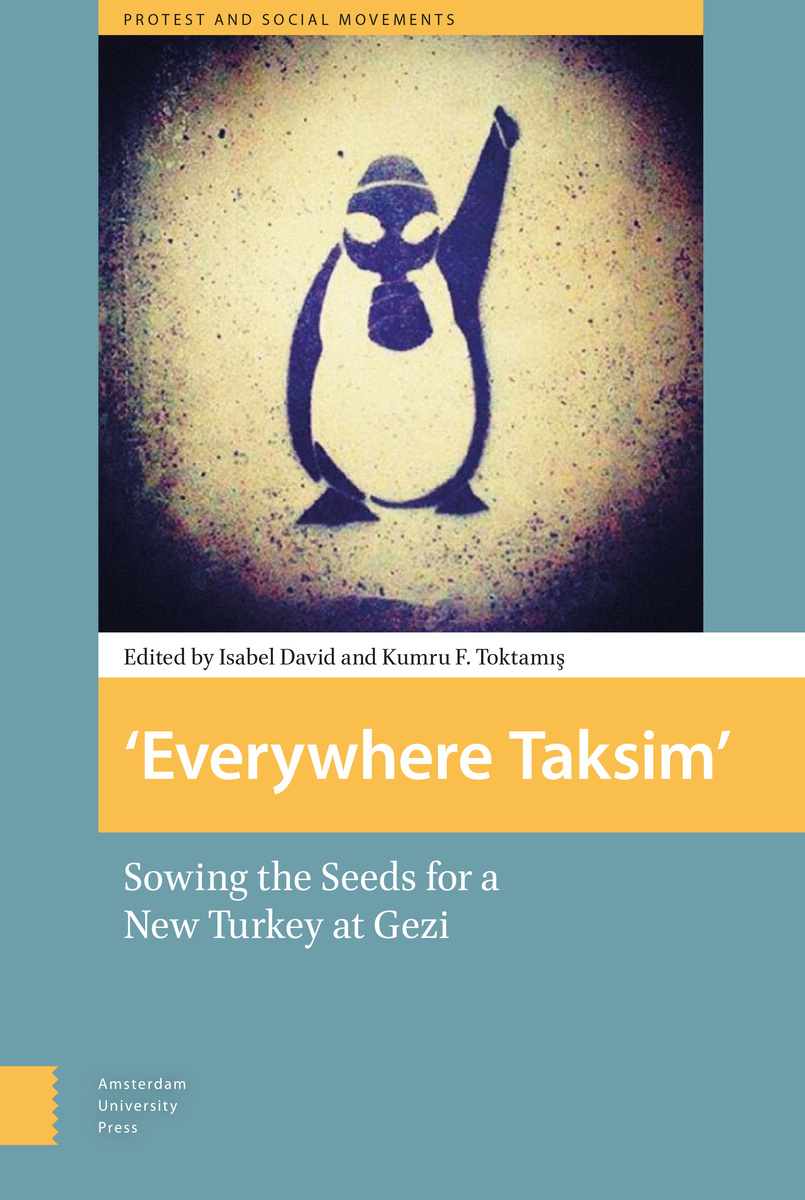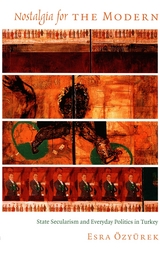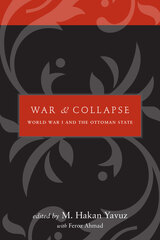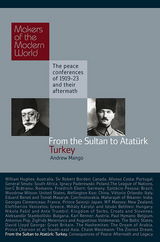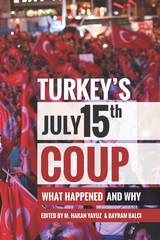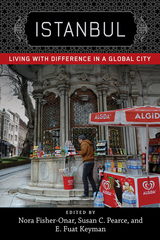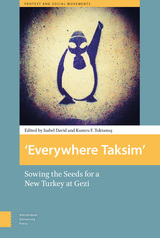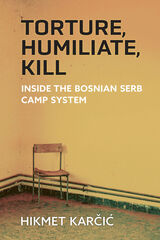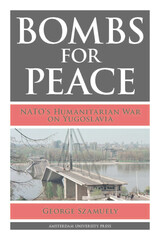Cover
Contents
Acknowledgements
List of Acronyms
Isabel David and Kumru F. Toktamış
Bibliography
Section I – Gezi Protests and Democratisation
Kumru F. Toktamış
2007 – Nation-Evoking Demonstrations
Gezi – Summer 2013
Conclusion
Bibliography
Introduction: Gezi and Rumi’s Elephant in the Dark
The Politics of Public Space in Urban Turkey: Taksim Square, Proscenium of the Nation
The Carnivalesque Citizenship of the Çapulcu
Gezi and the Discontents of Neoliberal Globalisation
Conclusion: Gezi and the Decoupling of Liberalism and Democracy in Turkey
Bibliography
Turkish Case: Political Change and Gezi Park Protests
The Common Denominator of the Protests in Turkey and Bosnia-Herzegovina
Bibliography
Section II – The Political Economy of Protests
Umut Bozkurt
Neoliberal Populism and the AKP Rule
The Explosion of Social Assistance Programmes
The Symbolic/Ideological Sources of the Party’s Hegemony
The AKP’s Hegemony after the Gezi Protests
Conclusion
Bibliography
Barış Alp Özden and Ahmet Bekmen
Neoliberal Populism, AKP and PT
Depoliticising the Question of Poverty
Deradicalising Labour
Preliminary Reflections on the Protests
Bibliography
Re-thinking Neoliberalism in Turkey under AKP Rule
Re-thinking the Gezi Park Protests: What did the Protestors Actually Protest?
Conclusion
Bibliography
Section III – Protesters and Repertoires of Protests
Background to the Gezi Park Protests
Social Psychological Perspectives on Collective Action
Creating a Group from the Crowd
‘We Are More than Alliances between Groups’: An Identity-based Analysis of the Gezi Park Protest Activists
Conclusion
Bibliography
Introduction
Methodology
The Political Context of Turkish Football
The Hyper-Commodification of Turkish Football
Politicisation of Football Fans in Turkey
Fans’ Reasons for Joining the Gezi Protests
Discussion
Bibliography
Background
What is a Graffito? The Features of the Graffiti Collected around Gezi Park
The Role and the Function of Graffiti and Humour: A Short Conceptual Overview
The Graffiti in Gezi Park: Humour or Resistance, or Humour as Resistance?
Delivering Messages through Humour
Erdoğan in Graffiti
Counterstatement or Intertextual Graffiti
Conclusion
Bibliography
Introduction
Social Movement Communities and Social Movement Spillover
New Social Movements in Turkey
Methodology
Aversive Attitude towards Conventional Political Organisations
Ability to Organise Horizontally and to Accommodate Individual Differences
Ability to Work with Diverse Political Groups and Cooperate with Strangers
Ability to Transfer Protest Skills
The Gezi Protests as a Paradigm-Shifting Event with Respect to the Older Generation’s Perception of the Relationship between Youth and Politics
Conclusion
Bibliography
Section IV – The Politics of Space and Identity at Gezi
Ahu Karasulu
‘Essentials Are Thus Cast Up’: Space and Contention
‘(New Elements) Become Briefly Visible in Luminous Transparency’: Spatial Claims
‘Events Belie Forecasts’: Concluding Remarks
Bibliography
Introduction
The Objects of the Protests
The Place of Religion in the Protests
The Position of Religious People in the Protests
Democratisation vs. Polarisation
Conclusion
Bibliography
Introduction
The Turkish Institutional Approach to Intervention in the Urban Environment
AKP’s Neoliberal Project: Taming the Commons by Taming the City
AKP’s Reliance on the Construction Sector
Commodification of Culture and Monopolization of Narratives: Branding the City
Rewriting History
Gezi: Mapping the Space Reclaimed and the Victory of the Commons
The Value of Resistance in and for a Park: Creating New Senses of Belonging
Responses to the Militarisation of Space: The Return of the Commons
Conclusion
Bibliography
Section V – Gezi in an International Context
Bahar Baser
Diffusion of Gezi Spirit to the Transnational Space
Creating ‘Gezi Parks’ in Europe
Conclusion
Bibliography
Introduction
The Normative Meaning of Gezi
Postponing Negotiations on Chapter 22
Negotiations on Chapter 22 and beyond
Conclusion
Bibliography
List of Contributors
Index
